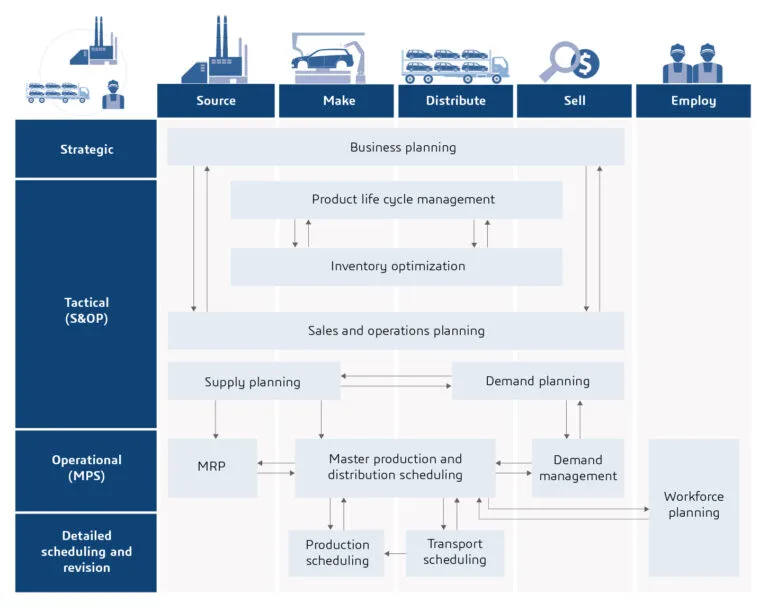Overcoming the limitations of legacy systems in the automotive industry with DELMIA
The automotive industry is experiencing a revolution driven by technological innovation, shifting consumer preferences, and heightened environmental regulations. As demand for electric vehicles rises and manufacturing processes evolve, automotive companies must navigate complex supply chains and increasing customization needs. While many manufacturers continue to rely on outdated legacy systems that struggle to keep up with key challenges, some companies turn for help to DELMIA solutions.








